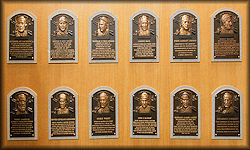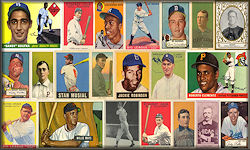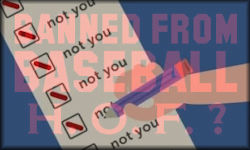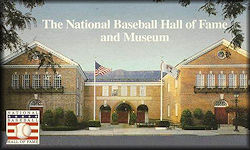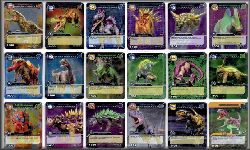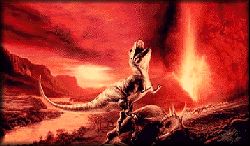In a meeting on Feb. 2, 1876, at the Grand Central Hotel in New York City, Chicago White Stockings owner William Hulbert persuaded his fellow owners that a new baseball league was needed to restore order between eastern and western cities.
The result of the meeting was the founding of the National League, baseball’s first closed-circuit professional league and one that has remained intact ever since.
Hulbert assumed ownership of the National Association’s Chicago club shortly after the Great Fire of 1871 destroyed the team’s stadium. Hulbert, who possessed intense civic pride and often said he would “rather be a lamppost in Chicago than a millionaire in any other city,” had the team up and running again within three years. However, Hulbert quickly became frustrated with factors that withheld the White Stockings from becoming an elite team.
While National Association clubs in eastern cities like New York and Philadelphia could easily travel to play teams from smaller towns like New Haven, Conn., or Irvington, N.J., Hulbert’s White Stockings often had to travel across the country to play top-level competition. Hulbert also had trouble recruiting talented players when many of them lived on the east coast. Furthermore, players in that era were notorious for “contract jumping,” or shopping their talents to the highest bidder at the end of each season.
In 1874, Hulbert experienced issues with player loyalty first-hand when he failed to keep his shortstop, Davy Force. Hulbert had tried to re-sign Force for the upcoming season in September 1874, only to see Force sign a contract with the Philadelphia Athletics and jump ship three months later.
During the 1875 season, Hulbert retaliated by raiding the roster of the Boston Red Stockings and signing stars Al Spalding, Deacon White and Ross Barnes away from the perennial champions. He also lured star infielder Cap Anson away from Philadelphia. Recognizing that his midseason signings would soon be denounced as illegal, Hulbert looked toward creating a new league.
The following winter, Hulbert assembled National Association owners in New York and told them of his vision for a new league that would strictly honor contracts and form a solid union between eastern and western clubs. Hulbert’s fellow owners followed suit and created the National League of Professional Baseball Clubs. Within a year, Hulbert took control as president of the league.
In the days of the National Association, any professional club could compete for the championship by paying a $10 fee – thus leading to an influx of small eastern teams. Hulbert closed off access to the new National League by making it an exclusive eight-team league. He also transferred scheduling responsibilities to the league office.
In 1876, Hulbert exercised the league’s power by expelling clubs from New York and Philadelphia – then the nation’s two most populous cities – for failing to complete their season schedules. The following year, Hulbert permanently banned four Louisville Grays players for intentionally throwing games.
Later on, Hulbert would also establish the first iteration of the reserve clause to further restrict players from contract jumping.
In 1879, Hulbert expelled Cincinnati from the league for providing beer and entertainment during Sunday ballgames. While the expulsion motivated Cincinnati’s owners to form the rival American Association, Hulbert’s NL eventually prevailed.
Hulbert presided over the league until his passing on April 10, 1882. Upon his death, Spalding wrote, “I ask all living professional Base Ball players to join me in raising our hats to the memory of William A. Hulbert, the man who saved the game.”
Hulbert was elected to the Hall of Fame in 1995. (Ref: National Baseball Hall of Fame) |
